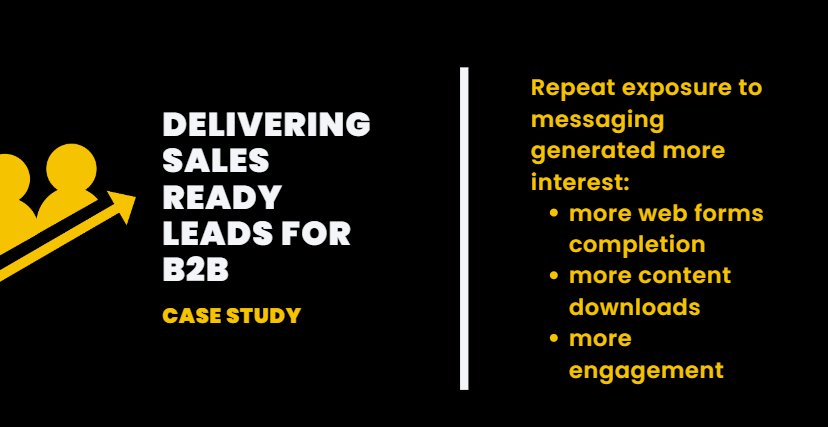More than 30 years ago, psychologist Carol Dweck coined the terms fixed mindset and growth mindset. Turns out, how we view our personality and skills is a much bigger predictor of success than the level of skills and intelligence.
When we view our abilities and intelligence as static givens that can’t be changed, we feel pressured to prove ourselves. We avoid failure at all costs and stick to what we know as the best strategy to stay away from failing.
By contrast, when we view our skills and abilities as something that can be improved, we thrive on testing and failure: making mistakes is a way of learning.
In an ever-evolving domain as B2B marketing is today, adopting a growth mindset is essential. The faster we learn and let go of approaches that no longer prove viable, the better. So in that spirit, we wanted to look at what marketers (still) get wrong about B2B marketing, what mistakes they make in their communication, and what we can learn.
So we asked ten marketing experts to share their thoughts and what mistakes they see most commonly in the B2B space.
Special thanks for your insights:
- Nicole Lontzek, Head of Marketing, CELUS
- Katya Sivkova, B2B Marketing Strategist, KatyaSivkova.com
- Zaza Muntinga, Marketing Manager, Vainu
- Rhys Wesley, Owner, The Content Flywheel
- Emelie Malmquist, Head of Marketing, Adnami
- Tomek Chojnacki, Head of Growth, TenderHut
- Adina Timar, Content Marketing Manager, Userpilot
- Daniel Pirciu, Growth Lead, SuperOkay
- Amanda Thomas, Managing Partner, Konstruct Digital
- Marcus Ho, Managing Director, Brew Interactive
What are the top things that B2B marketers get wrong about marketing today?
#1 Assume branding in B2B is not (that) important
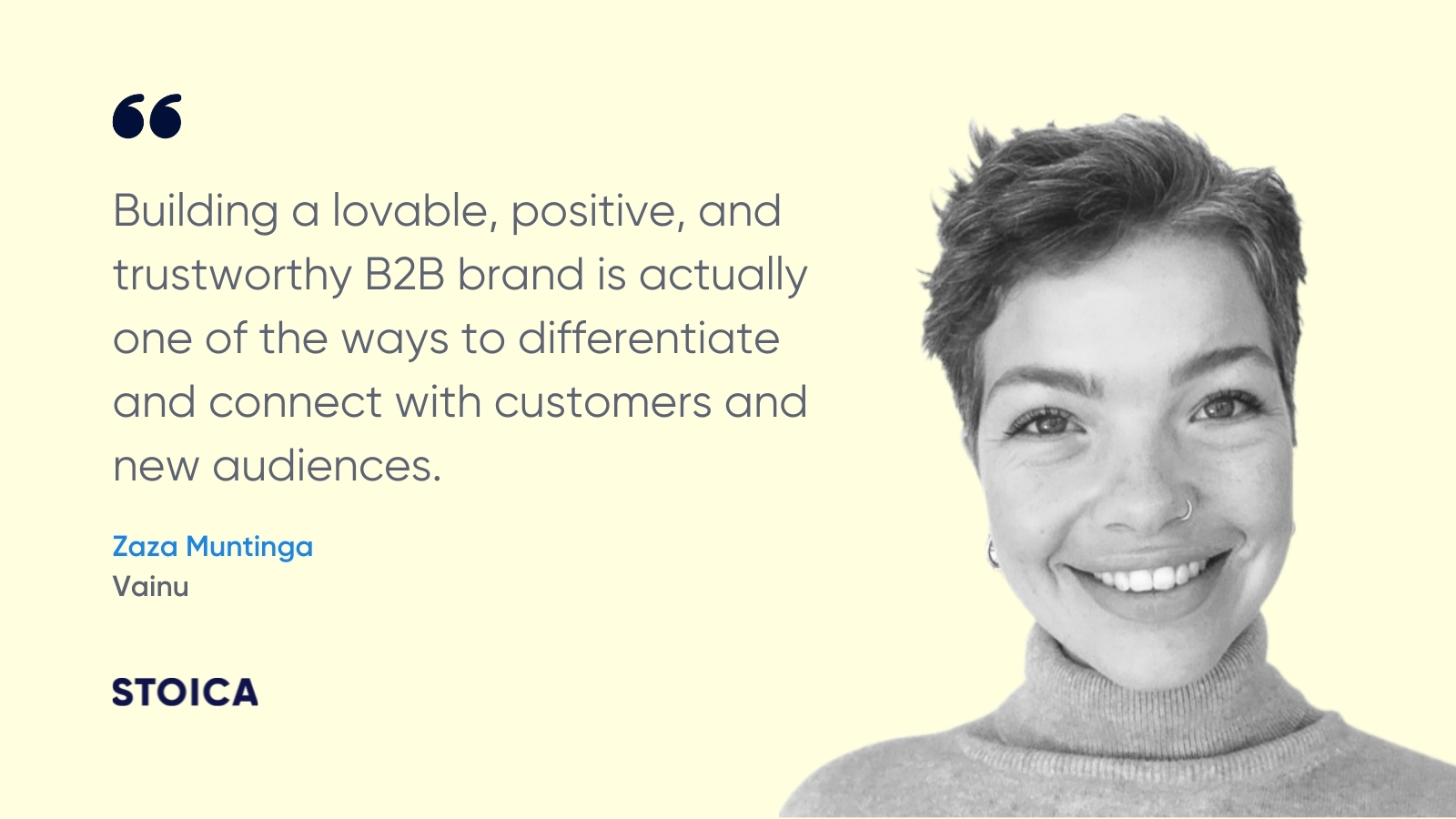
“I think many B2B companies assume branding is only vital for B2C.” says Zaza Muntinga.
Building a strong brand is about positioning your business in your customers’ minds, so when they have a problem you can solve, your company is the obvious choice.
When you think of electric cars, it’s Tesla, when you think of CRM, it’s Salesforce or HubSpot; chatbots software is Drift, and so on.
“Building a lovable, positive, and trustworthy B2B brand is actually one of the ways to differentiate and connect with customers and new audiences.” points out Zaza Muntinga
But building a brand requires time and intentional effort from the entire organization (including C-level management) rather than solely the marketing team’s input. At the same time, it’s difficult to measure the impact of branding on the short and medium-term. Caught between the pressure of showing short-term, tangible results and long-term strategic branding, it becomes easy to cave into being tactical.
“Companies invest in direct sales and therefore short-term success. And this is fine for most of the time as long as you don´t forget to build your brand in parallel. Most companies refrain from doing so since brand effects are hard to measure and you cannot easily use it as KPI. ” says Nicole Lontzek

Finding a strategic narrative that goes beyond product or service features is what makes a strong, differentiated brand. That narrative can be built around your company’s mission and how you’re empowering your clients to be successful.
As Rhys Wesley explains “I believe failing to elevate their story beyond benefits is one of the things B2B marketers get wrong. Or worse, not even elevating their story to benefits.”
#2 Fail to understand their ideal clients in-depth
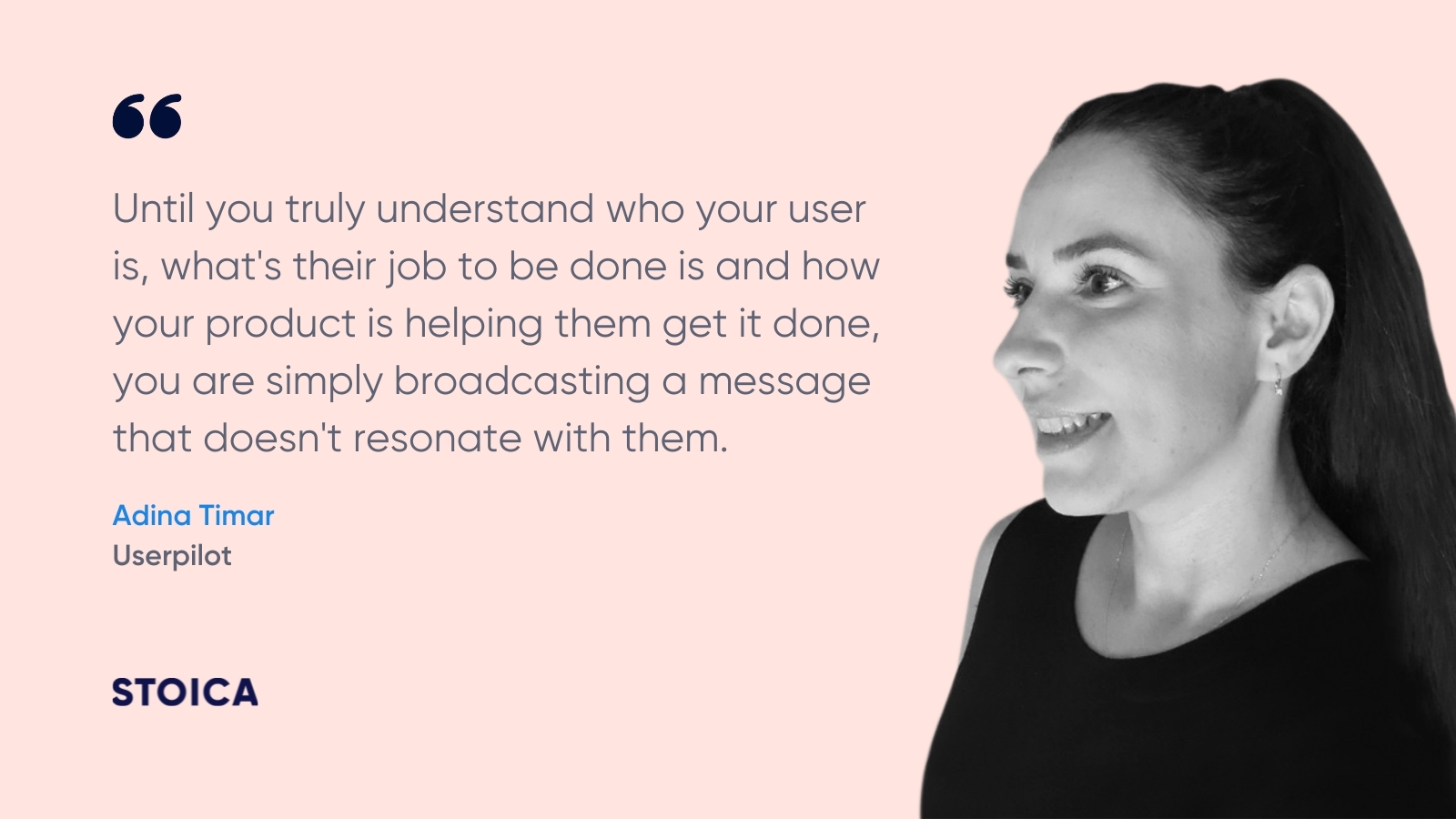
B2B marketers talk about Ideal Customer profiles or Buyer Personas all the time. But knowing your audience goes beyond listing their job roles, problems, objections, and what channels they spend time on. It also takes understanding their buying process, underlying aspirations & the jobs they are trying to solve, the alternatives they consider, and what they already know about a specific topic.
When you understand what your audience already knows, you are able to create in-depth, credible content.
Marcus Ho points out “I see B2B blogs that are full of basic informational content like “What is HR?” An HR manager looking for new HR software is never going to search that phrase or read that article.”
Understanding the specific buying stage your customers are in enables you to personalize your communication and stay relevant.
“Don’t push the bottom-of-the-funnel content to a top-of-the-funnel lead. There are some great tools out there (such as 6sense, Triblio) that can help you to analyze buyer intent data.” Katya Sivkova
Being relevant also implies adapting your calls-to-action to the buyer’s journey.
“We frequently see top-of-funnel LinkedIn ads that are advertising a free demo. The potential customer just heard of you! They’re likely not ready for a demo yet. Try something softer or with lower commitment.” Amanda Thomas
Lastly, when B2B marketers know their audience intimately, they realize that their product is not for everyone and focus on a narrow audience they can serve best.
“Until you truly understand who your user is, what’s their job to be done is and how your product is helping them get it done, you are simply broadcasting a message that doesn’t resonate with them.” concludes Adina Timar
#3 Don’t commit to aligning their marketing effort with sales
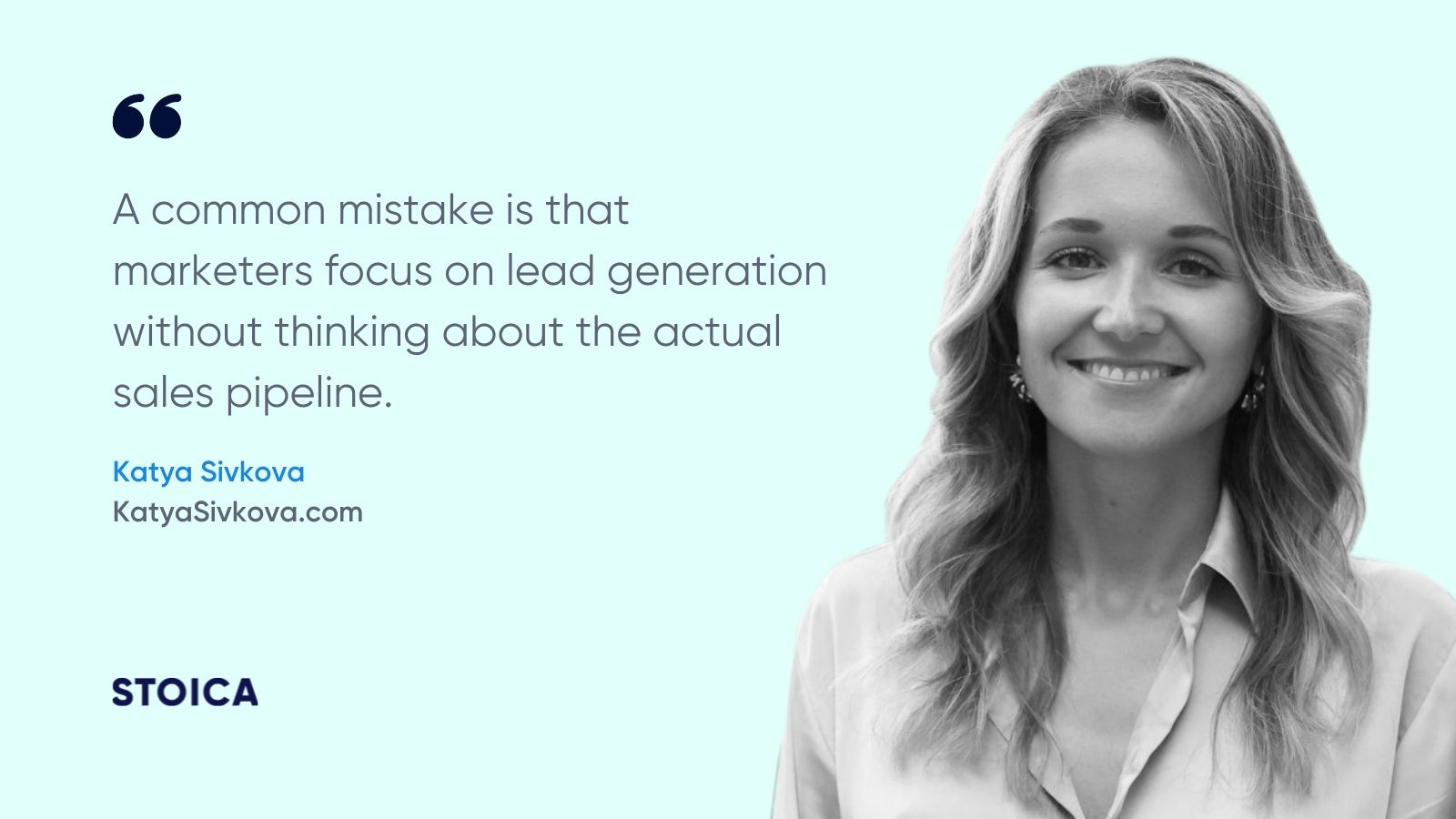
The role of B2B marketing is to educate and raise awareness about problems your buyers face and your company’s solutions. B2B marketing done right facilitates the selling process and helps shorten the sales cycle. For that to happen, all your marketing plans have to be aligned with the revenue goals of your organization.
“A common mistake is that marketers focus on lead generation without thinking about the actual sales pipeline. And it goes without saying: every activity you run should have a clear follow-up strategy and commitment from your Sales team to have your back.” Katya Sivkova
Daniel Pirciu supports this view saying “It’s wrong to think you can work in a silo doing your lead generation and sales will follow up and this is how sales are made.”
#4 They’re too company-centric in their communication

To be successful in the B2B space, you need to prove your company is an expert in its field. But when you focus too much on showcasing your level of expertise and how good you are, you fail to attract interest in the first place.
When was the last time you enjoyed a conversation with someone who spoke mostly about himself or herself? Probably never.
Emelie Malmquist says “Your latest features are truly awesome but customers do not care about technicalities, but about the problem it solves for them.”
The (false) underlying belief that fuels this company-centered communication is that your audience cares about your business.
“Your target group doesn’t care about your company.” as Tomek Chojnacki puts it. He advises “Stop talking about yourself and start addressing their needs.”
At the end of the day, great marketing focuses on how your solutions change your customers’ lives for the better. The hero of the story is the customer, not your brand. So what can you do instead?
“Focus on actually trying to solve the customer’s problem and enabling buyer experience.” advises Emelie Malmquist
#5 They have a distorted relationship with data
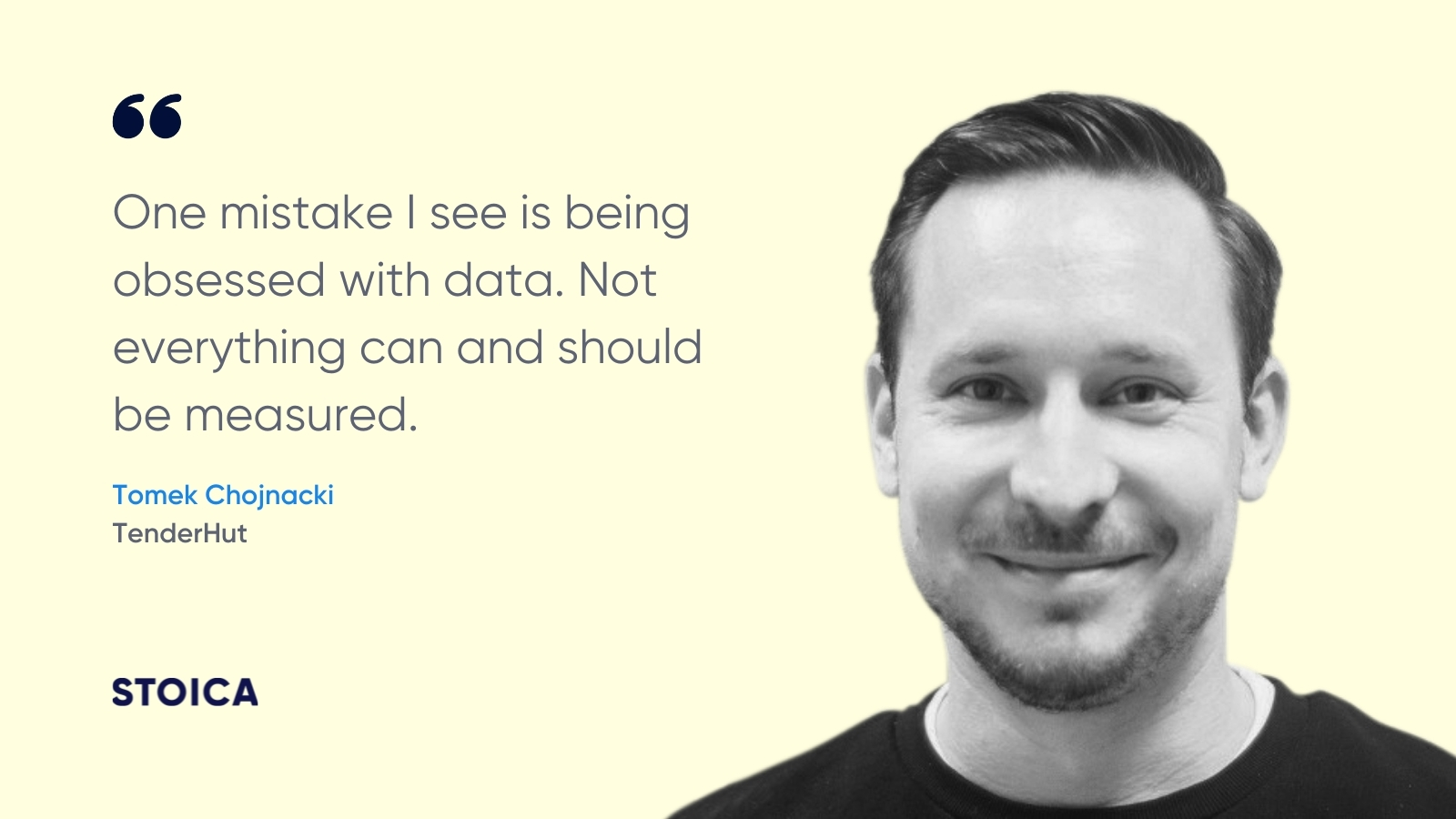
The ability to measure the impact of digital marketing can be both a blessing and a misfortune. Why a misfortune? Because marketers tend to obsess over data, wanting to measure everything, focus on the wrong metrics, or benchmark too much against the competition.
“One mistake I see is being obsessed with data. Not everything can and should be measured.” says Tomek Chojnacki
The impact of the brand long-term is hard to quantify. Data can show that search or direct traffic are the main sources of leads, but in fact, those people discovered your brand on social media, communities, or via a podcast. These are just a few examples of things that cannot really be measured with precision.
“You should try to measure your activities in order to focus on the right things, but some things just can’t be measured. Eg. branding is so, so hard to measure, but a lot of companies get a big chunk of their inbounds and upsells just because of their brand and reputation. Don’t sacrifice branding just because you can’t measure it.” Emelie Malmquist
Vanity metrics such as the volume of leads or number of social followers can boost our confidence, but when you draw the line these don’t influence revenue.
“I believe it’s wrong to read too much into vanity metrics like website traffic or the number of social followers.” Rhys Wesley
On the opposite end of the spectrum, B2B marketers sometimes chose to ignore data and follow standard best practices or recipes for success. The antidote? Clarify your goals, how you’ll measure progress, and invest in creating a solid database.
“Getting clarity over what your goals are and how are you going to track the success of your tactics in getting there is mandatory.” says Adina Timar
“Take the time to do the groundwork and make sure to have a solid database to make strategic well-informed decisions.” adds Nicole Lontzek
Lastly, the tools you use to track your data matter too, the CRM being one of the most important ones.
As Marcus Ho told us “B2B companies will spend hundreds or thousands (of dollars) a month on a CRM platform, only to implement it poorly and reverting to clunky spreadsheets.”
#6 Overlook the importance of content distribution
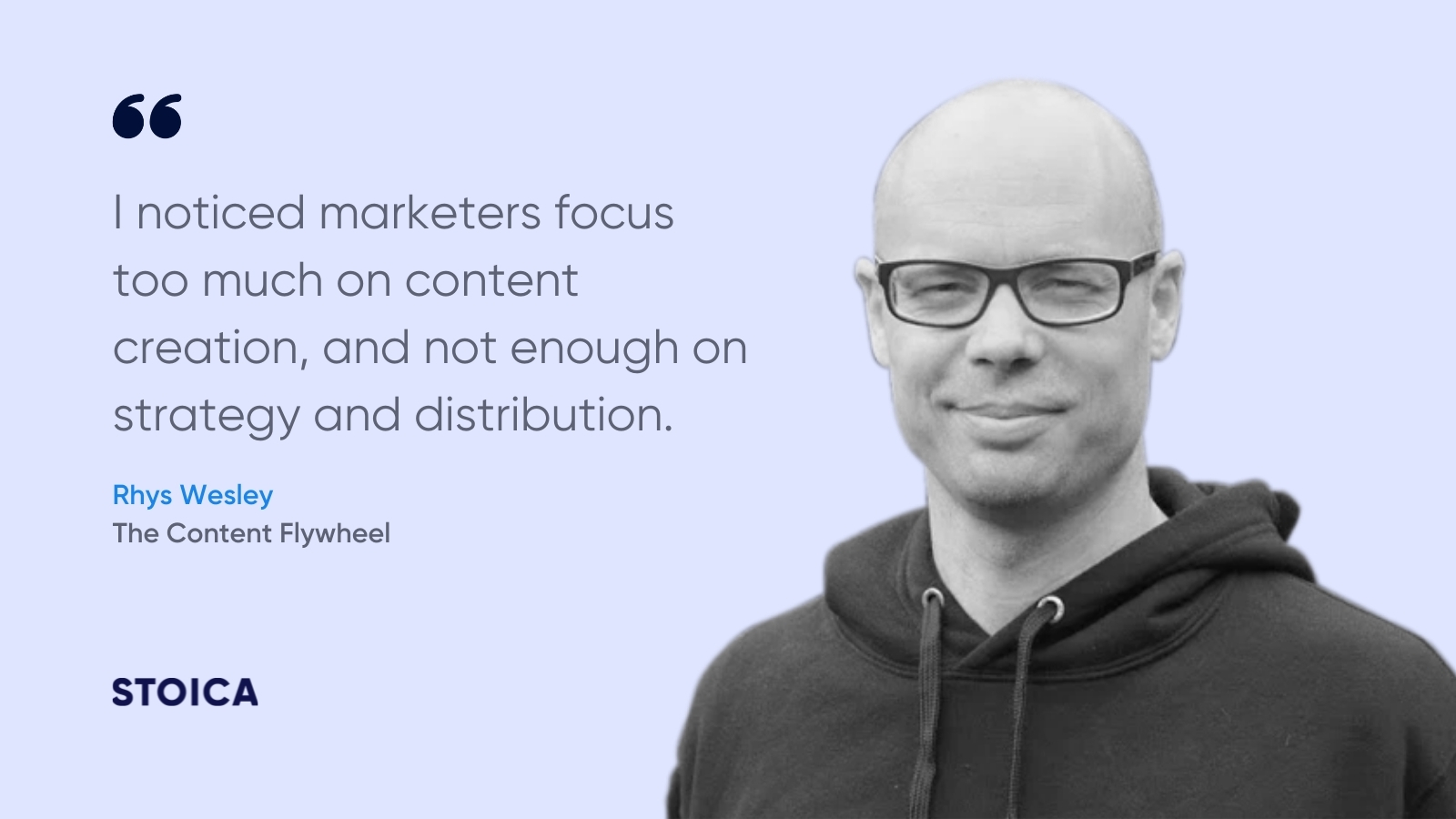
In the B2B space education comes before selling, so it’s no surprise that marketers invest a lot of time and effort in building high-quality content.
The problem is, distributing that content effectively and putting it in front of the right audience often gets overlooked.
“What happens quite often is that marketers develop content without a clear distribution strategy in place. My recommendation would be to think about your channels first and then create specific content that is a good fit for these channels.” Katya Sivkova
Rhys Wesley supports this view saying “I noticed marketers focus too much on content creation, and not enough on strategy and distribution.”
Content distribution aside, many B2B marketers underestimate the time it takes for their content strategy to produce results.
“The B2B businesses that are successful with their content marketing strategies typically start to see the ROI come about in the 18 – 24 month range with regular concerted effort.” Amanda Thomas
#7 Failing to be emotional and personable
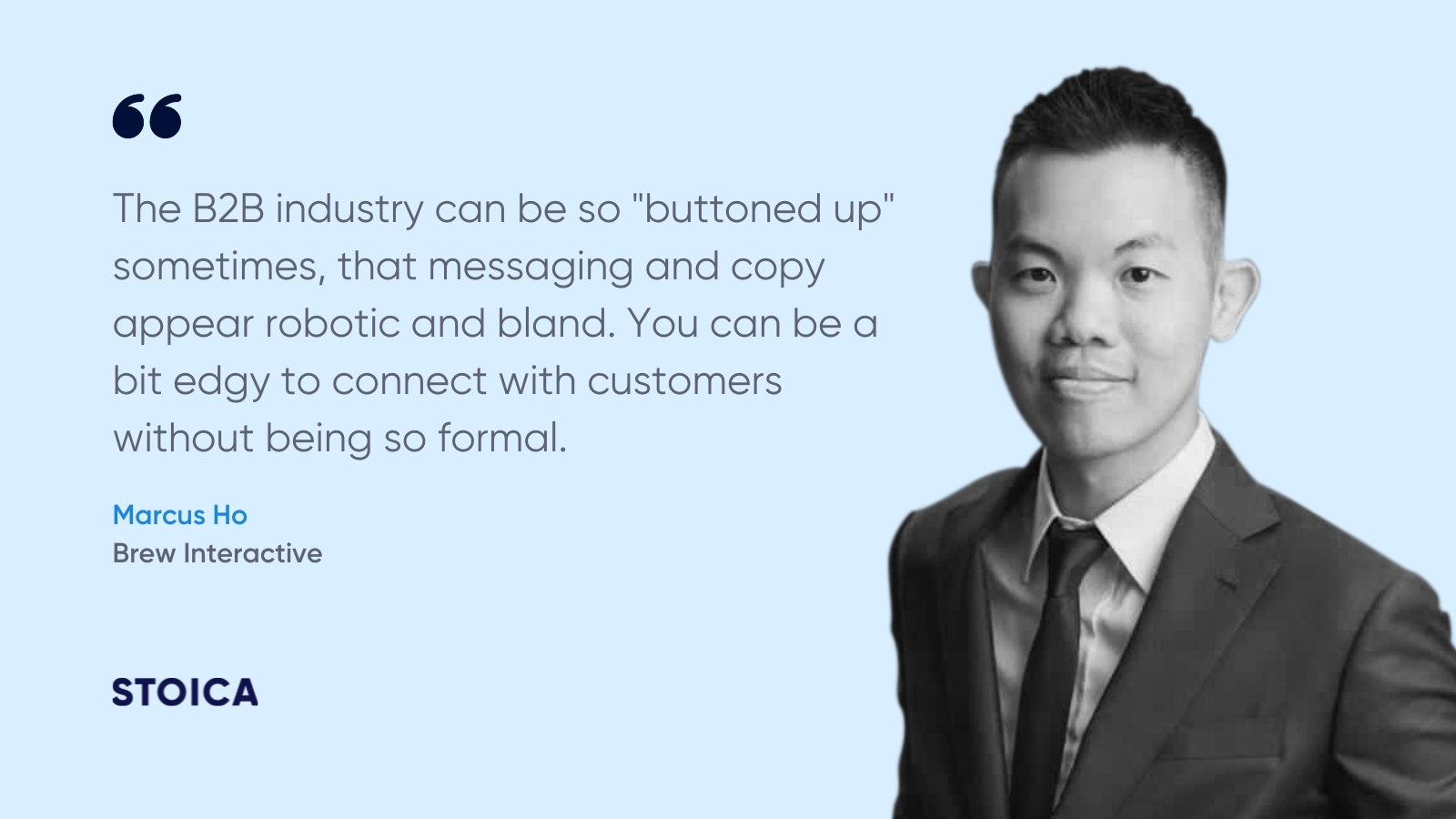
“Your marketing should make its way to the hearts and minds of the people in the first place.” states Zaza Muntinga
Yet lots of B2B brands choose to use a rigid and impersonal tone of voice. We need to remember that the recipient of our B2B messaging is not a faceless company but the people working in that organization.
“Marketers forget they speak with people and solely have the product, services, or the roles of the people in mind. But at the end of the day, it´s a people’s business. People trust people and buy from the ones they trust.” explains Nicole Lontzek
Furthermore, being informal can help your brand differentiate.
Marcus Ho points out that “The B2B industry can be so “buttoned up” sometimes, that messaging and copy appear robotic and bland. You can be a bit edgy to connect with customers without being so formal.”
“There are people on the other side who also laugh, cry, and get angry. Even in more formal industries, being relaxed with your communication can make you stand out.” Tomek Chojnacki
The fixed and growth mindset research has proven that the difference between the ones who succeed and the ones who stall is not more talent or skill, but the belief that skills can expand.
Making mistakes and taking the wrong route is just a part of the growth process. Treating these mistakes as milestones rather than measures of our abilities is the first step towards improvement. And the second one is perhaps unlearning.
Or as Katya Sivkova told us, “My top lesson in marketing was realizing that unlearning is equally important as learning”.
Which of these B2B mistakes do you see most often? And which ones have you made yourself?


